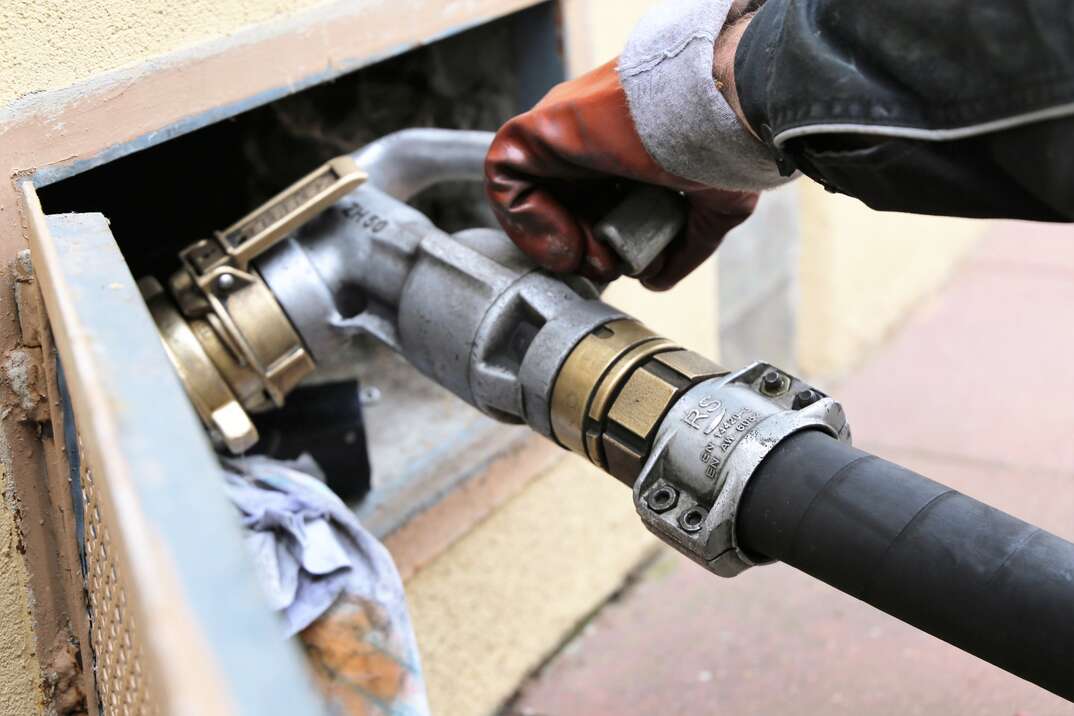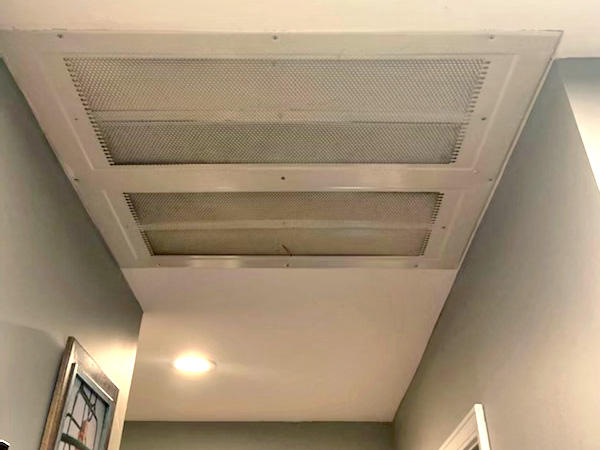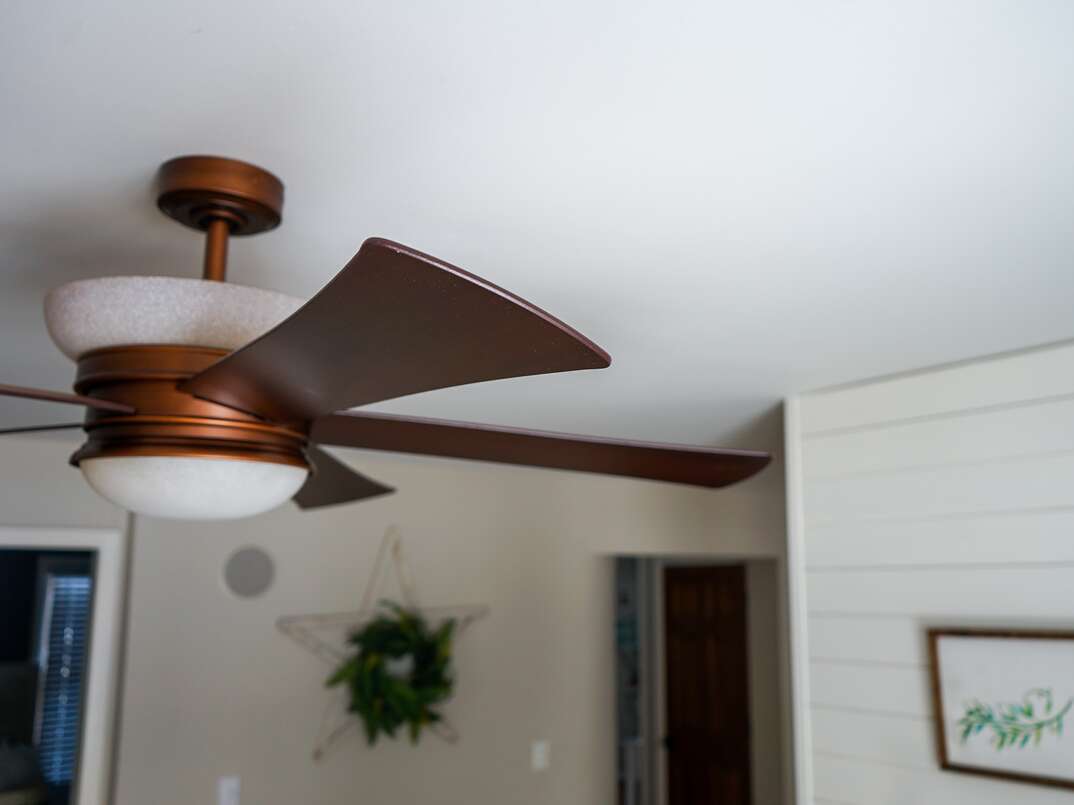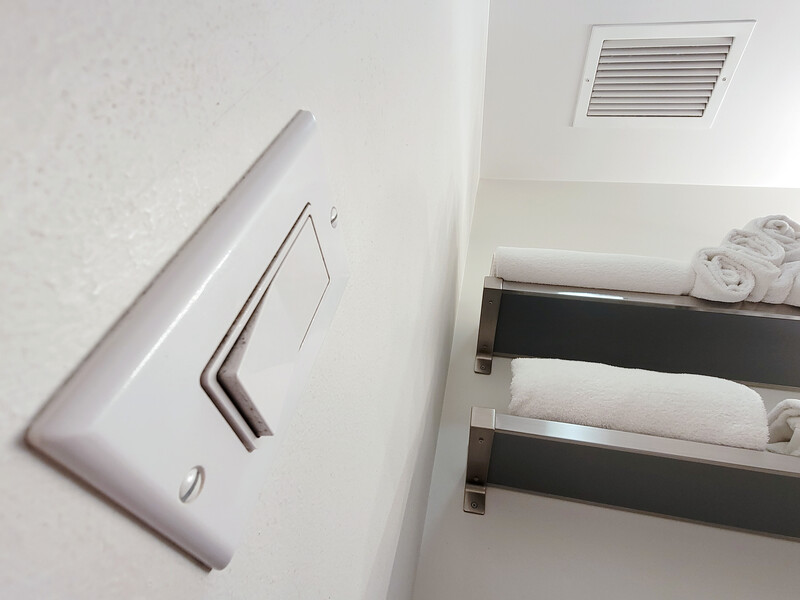How Much Does It Cost to Replace an Oil Furnace?
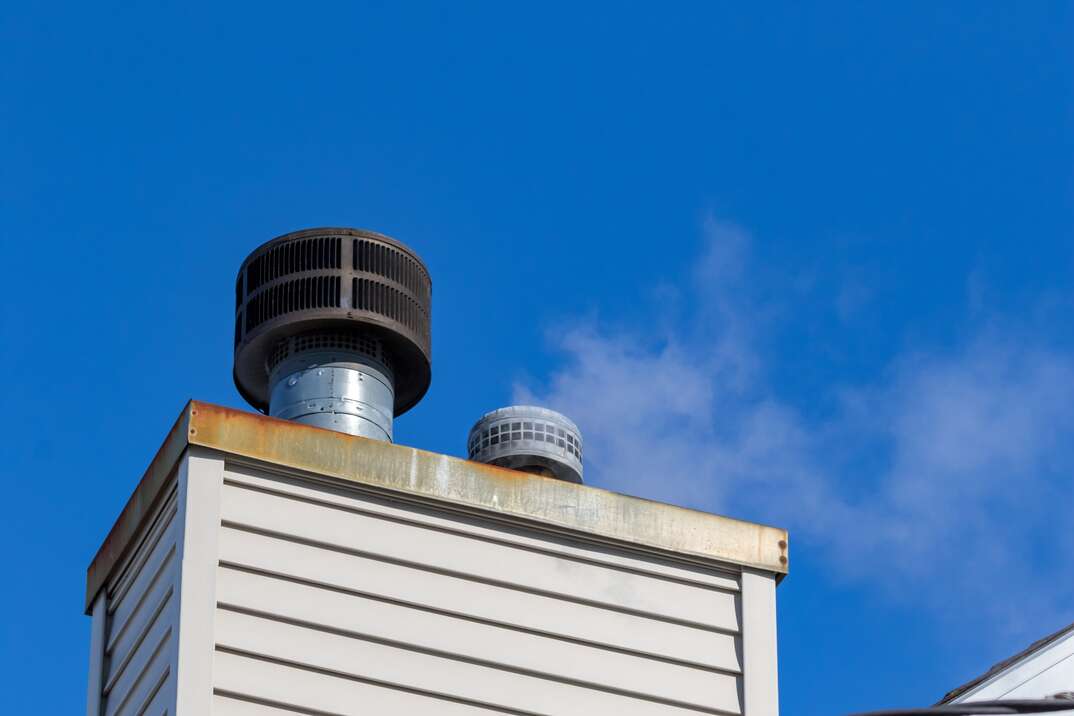
Oil Furnace Replacement Costs at a Glance
- Average cost: $4,850
- Furnace for 1,500-square-foot home: $2,000-$3,000
- Furnace for 2,000-square-foot home: $3,300-$6,500
Upgrading your heating system can be a costly purchase, but it's also one that can pay dividends in terms of increased comfort and reduced heating bills.
This May Also Interest You: How Much Does Heating Oil Cost?
But how much does it cost to replace an oil furnace — and is it worth the investment compared to natural gas or propane heating? Find out below.
How Much Does Oil Furnace Replacement Cost?
Modernize says the average cost of installing a new oil furnace is about $4,850. This includes the oil furnace price and the furnace installation cost. The actual cost will depend on the brand you choose and the size of the furnace.
The size you need depends on the size of your home and the climate in the area you live. Let's imagine you live in a state with a temperate climate. To heat your home during the cooler months of the year, you'll need a furnace that produces 40 to 45 BTUs (British Thermal Units) of heat per square foot.
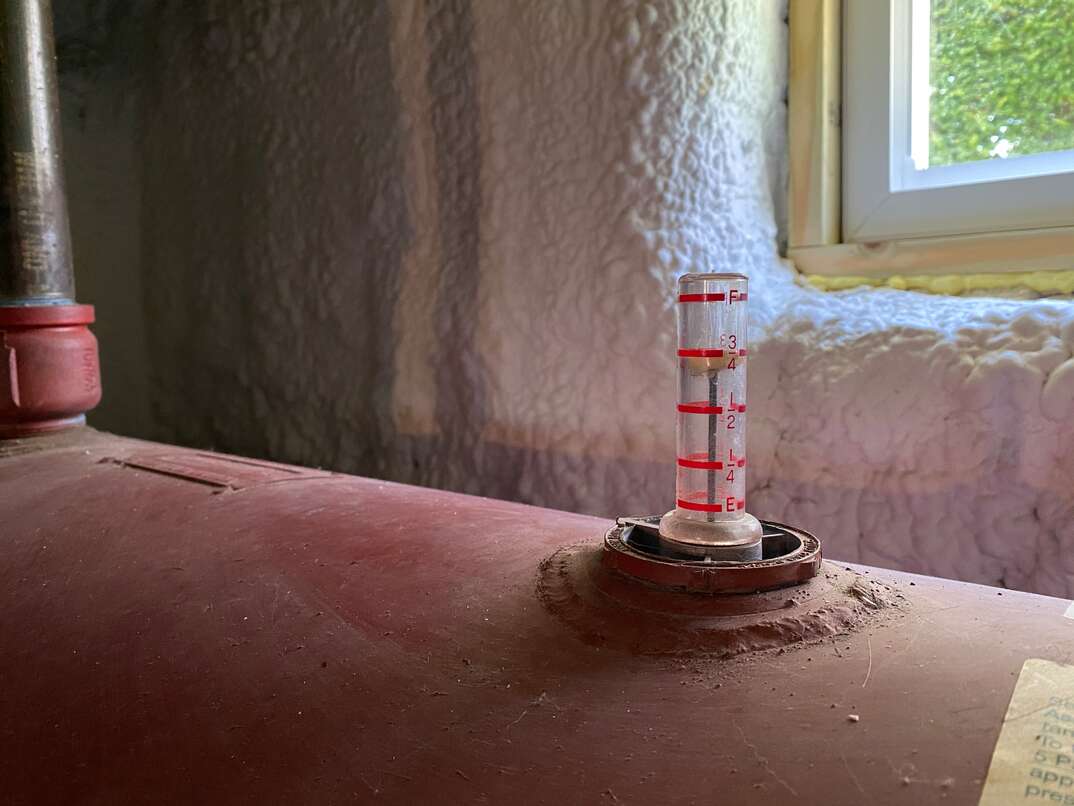
How Much Is a New Oil Furnace for a 1,500-Square-Foot Home?
You can expect the oil furnace replacement cost for a 1,500-square-foot home to be between $2,000 and $3,000, according to Bob Vila. Furnaces capable of heating much bigger homes would cost more.
How Much Is a New Oil Furnace for a 2,000-Square-Foot Home?
Replacing the oil furnace for a larger home of around 2,000 square feet could be between $3,300 and $6,500.
How Long Does an Oil Furnace Last?
A good oil furnace can be expected to last 15 to 20 years. However, just because a furnace is still working, it doesn't mean it's necessarily worth keeping. If you have the budget for an upgrade, it's worth considering the replacement cost and the energy efficiency rating of the furnace you currently have.
As furnaces get older, they become less efficient. In addition, new furnaces are usually better designed and have better heat pumps and other energy efficiency improvements that could significantly reduce how much heating oil you use on a daily basis.
It's worth considering replacing your furnace if:
- Your heating bills have been increasing over the last few years.
- Your burner flame (if you have one) is yellow instead of orange.
- You or your family members have been experiencing persistent flu-like symptoms. That could be a sign of carbon monoxide poisoning.
- Your furnace is making banging or rattling noises.
The above are all signs that there could be a fault with the furnace and that it's due for replacement. Oil furnaces need regular maintenance to keep the pump working properly, and if that maintenance hasn't been carried out regularly, the furnace's lifespan could have been shortened significantly.
How Much More Efficient Are New Oil Furnaces?
Oil furnace replacement comes with a high price tag, so is it worth spending money on one? In many cases, the answer is yes.
A modern oil furnace has an annual fuel utilization efficiency of between 80% and 90%. A furnace that is a decade old could be as much as 30% less efficient than a new model. This means upgrading your furnace could significantly cut your heating oil consumption.
Do I Have Other Options?
As long as you’re in the market for a new furnace, you may want to look at alternative fuel options. In general, propane gas furnaces are more efficient than even the newest oil furnaces. However, comparing the costs of propane, oil and natural gas for heating can be difficult because of the way the fuels are priced. Oil and propane are priced per gallon, while natural gas is priced per cubic foot.
These costs by themselves don't mean a lot, however, because an oil furnace is more efficient in terms of heat produced than a propane furnace. In many cases, an oil furnace would be more economical than a propane furnace when long-term running costs are considered.
Both oil and gas furnaces are much more efficient than electric heaters, especially for larger homes. Electric heaters are inexpensive upfront, but they are not energy efficient, and the running costs would be prohibitively expensive for heating anything but a very small room.
More Related Articles:
- Why Am I Using So Much Heating Oil? Here’s How to Reduce Your Consumption
- How Does Heating Your Home With Oil Work — and Who’s Still Using It?
- Gimme a Tax Break: 5 Things to Know to Get the Latest HVAC Tax Credits and Rebates
- How Often Should You Change Your Furnace Filter?
- Need a New Furnace? Here’s What You Should Know
How Can I Decide Which Fuel Is the Best for My Home?
Trying to decide whether to get a new oil furnace or go for a gas option? You should ask yourself a few questions:
- How much does the fuel cost in my area?
- Are there seasonal issues that may make propane or oil deliveries difficult?
- Can you store fuel to avoid seasonal fluctuations in prices?
- How much would it cost to install the furnace?
- How much would maintenance for the heat pump cost?
Get some estimates from local companies and think about both the short- and long-term costs of each type of furnace. Fuel prices can vary significantly between geographic areas, so it's worth doing your homework before making a decision.
Whether you opt for an oil furnace or a gas furnace, it will need regular inspections and maintenance to reduce the risk of carbon monoxide poisoning and keep the furnace working well. Keep some room in your household budget for that maintenance so you're not caught without heating during the coldest months of the year.
